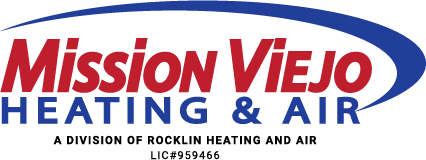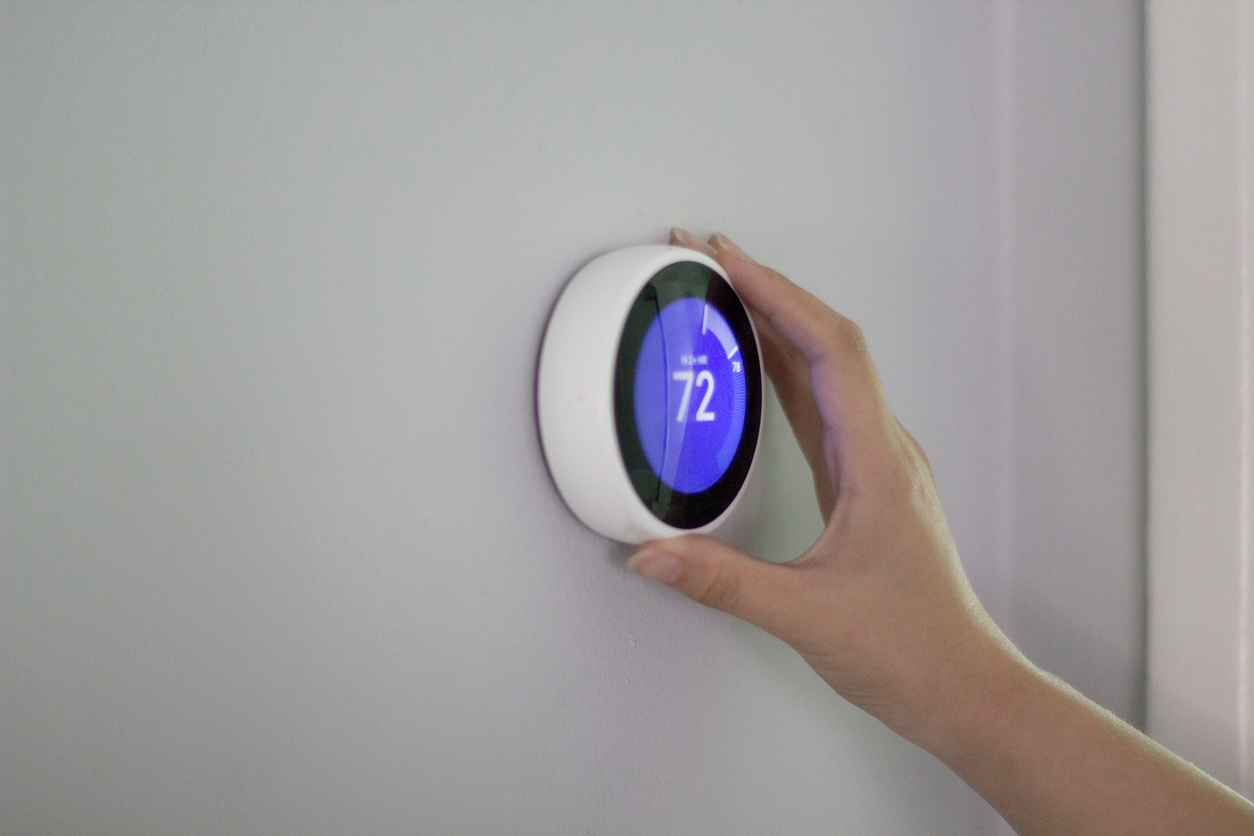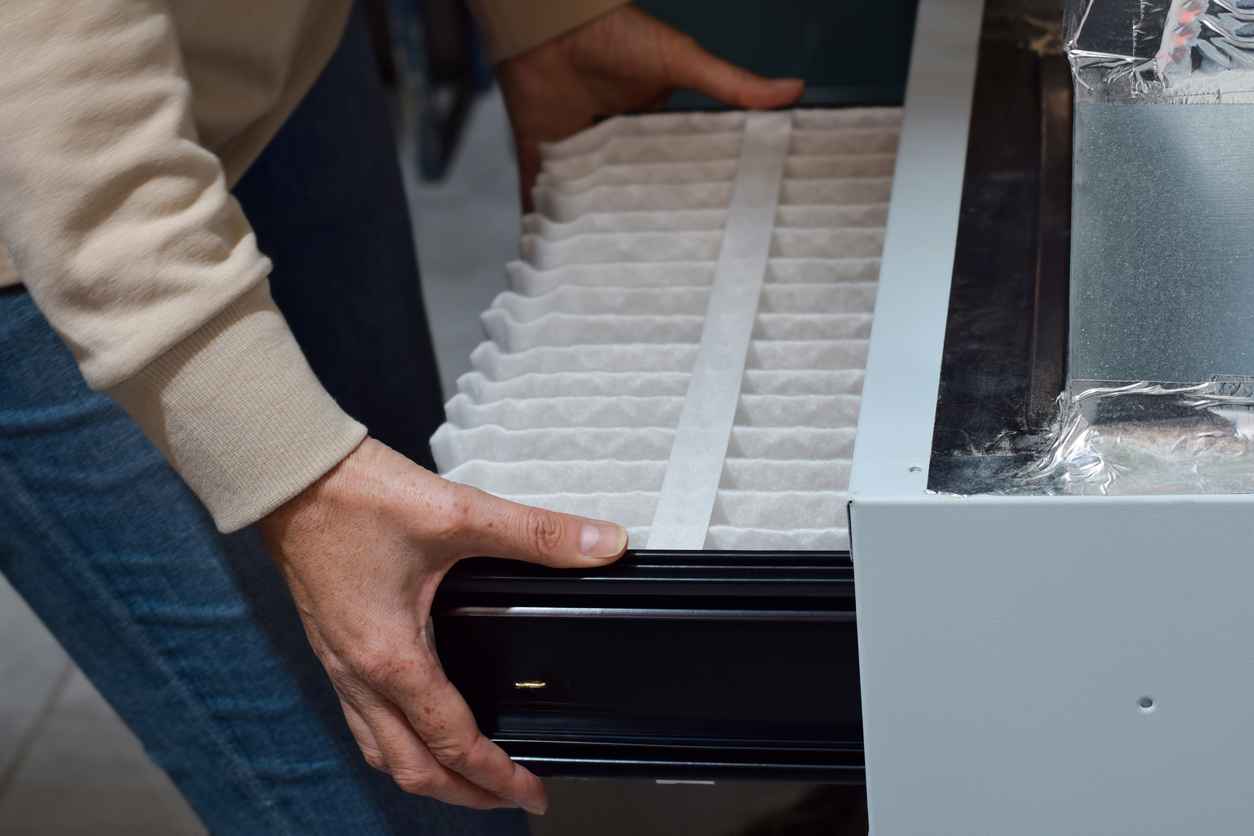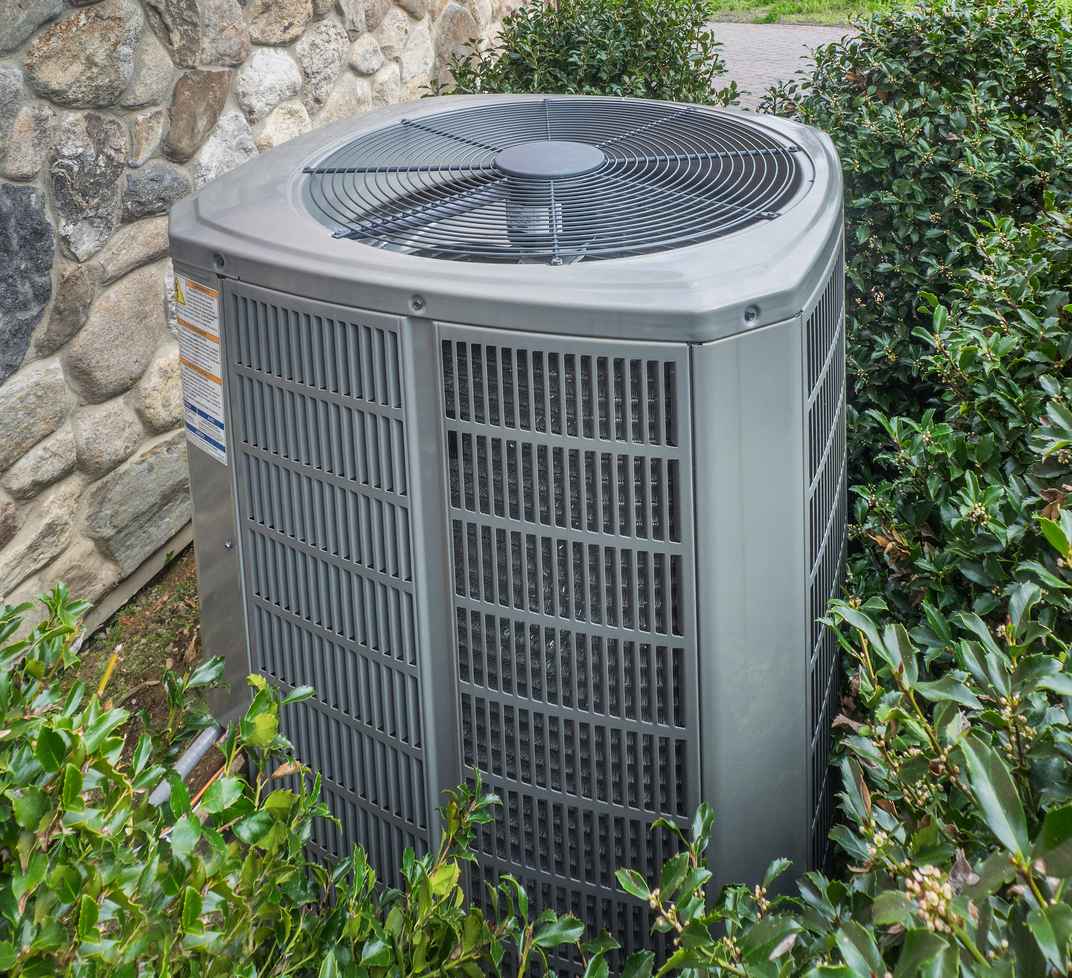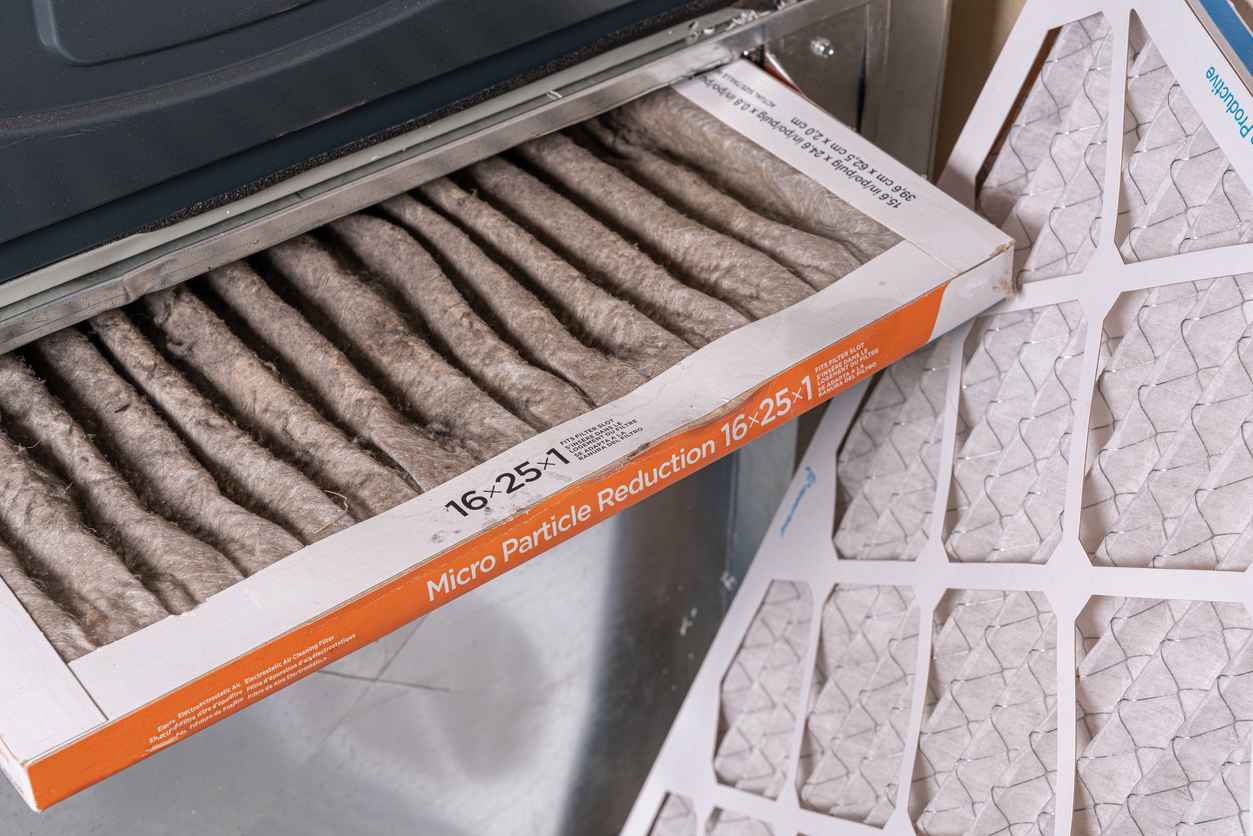Need Service Today? Contact Us Now!
Is Your Landlord Responsible for Your AC?
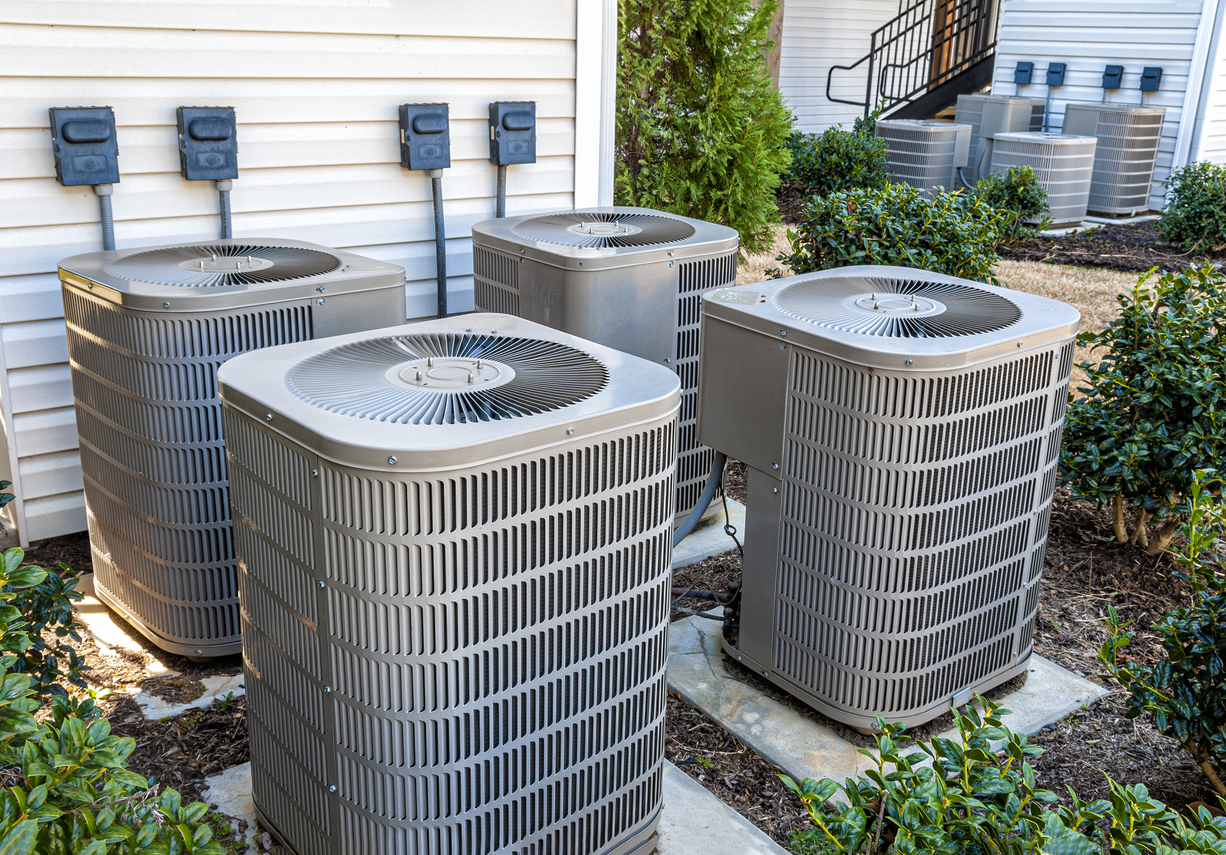
When renting an apartment or house, one of the primary comforts tenants focus on is the availability and functionality of air conditioning, especially in areas with warmer climates. However, confusion often arises regarding who is responsible for the upkeep and repair of the air conditioning units. In this blog, we’ll explore the roles of landlords and tenants in maintaining air conditioning systems, guided by applicable apartment air conditioning laws, and rights regarding air conditioning in rental situations.
Who Is Responsible for Providing Air Conditioning?
The first question to address is: does a landlord have to provide AC? Legally, the answer varies depending on the state and local housing codes. In some areas, air conditioning is considered an amenity rather than a requirement. However, if the rental agreement or lease specifies that the property includes an air conditioning unit, the landlord is typically required to ensure it is in working order as part of providing a habitable living environment.
Maintenance and Repair Responsibilities
Understanding who pays for AC maintenance—the tenant or landlord—is crucial. Generally, landlords are responsible for maintaining the property’s structural integrity and all provided appliances, including air conditioning units. This responsibility means ensuring the AC system functions correctly as when the tenant first moved in.
However, the specifics can vary based on the lease agreement. Sometimes, tenants might be responsible for minor maintenance tasks such as changing or cleaning air filters. It’s essential to review your lease documents to understand your responsibilities clearly.
Are Landlords Responsible for Air Filters?
One common area of confusion is whether landlords are responsible for air filters in the HVAC system. In most cases, the landlord is expected to ensure that the HVAC system is clean and functioning efficiently at the time of rental. Ongoing, regular maintenance such as replacing or cleaning air filters can be delegated to tenants. This arrangement should be clearly stated in the lease agreement to avoid disputes and ensure the AC system is maintained properly, avoiding larger mechanical issues down the line.
Tenant Rights and Air Conditioning
Renters have specific rights concerning air conditioning in their rented properties, encapsulated under renters’ rights air conditioning guidelines. If the air conditioning unit provided by the landlord fails, tenants have the right to request repairs in a timely manner. If the landlord fails to perform necessary maintenance, resulting in a non-functional AC unit, tenants might have the right to withhold rent, pay for repairs and deduct the cost from rent, or even terminate the lease, depending on local laws.
However, it’s crucial to communicate clearly and keep records of all interactions with your landlord regarding such issues. Always notify your landlord in writing and allow a reasonable time for them to address the problem before taking further action.
Navigating Legal Requirements
The specific legalities surrounding air conditioning in rental units can be complex and vary significantly by jurisdiction. For instance, apartment air conditioning laws in some states may categorize air conditioning as an essential system, especially in regions where high temperatures pose a health risk. In these cases, landlords may be legally obligated to provide functional air conditioning.
Before moving into a rental property, it is advisable to clarify the air conditioning provisions in your lease and understand the local laws that apply to your rental situation. If you are unsure, consulting with a legal professional can provide guidance based on your specific circumstances.
Preventative Measures and Tips for Tenants
While dealing with air conditioning issues, here are some tips for tenants to ensure their comfort and avoid potential disputes:
- Read and Understand Your Lease: Before signing, clarify who is responsible for AC maintenance and repairs.
- Regular Maintenance: If responsible for minor tasks like changing air filters, perform these regularly to avoid bigger issues.
- Document Everything: Keep a record of any requests for repairs or maintenance issues reported to your landlord, including dates and responses.
- Professional Inspections: Encourage your landlord to have professional HVAC inspections regularly to ensure the system remains in good working order.
Conclusion
Understanding the nuances of who is responsible for air conditioning in a rental can help tenants and landlords maintain a good relationship and ensure a comfortable living environment. Whether you’re a tenant facing issues with your air conditioning, or a landlord aiming to understand your responsibilities better, it’s important to stay informed about your legal obligations and rights.
If you’re located in Mission Viejo or the surrounding areas and need professional advice or service for your HVAC systems, don’t hesitate to contact Mission Viejo Heating & Air. Our team of experts is ready to assist you with all your HVAC needs, ensuring your rental property remains comfortable year-round.
